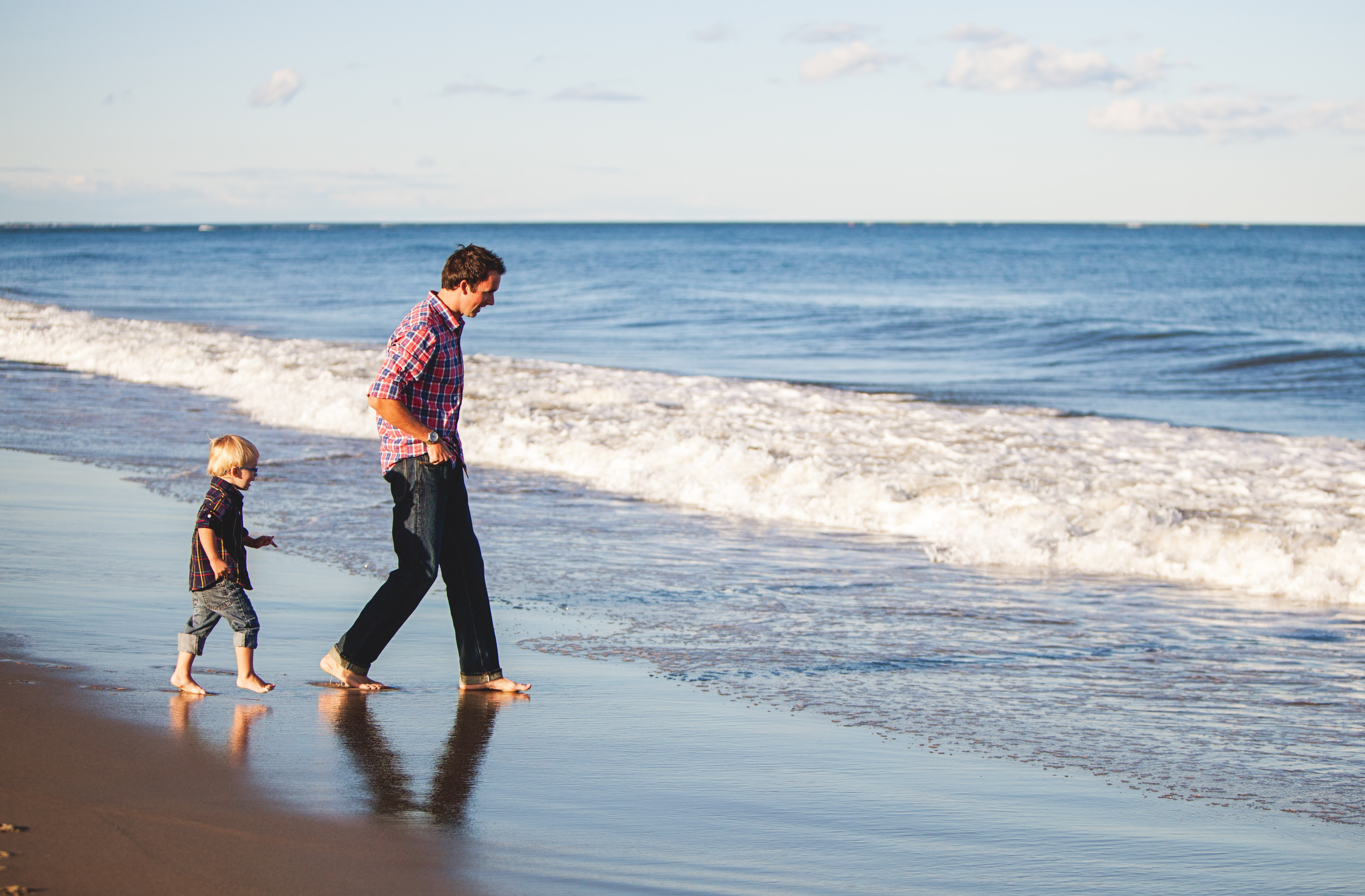(excerpted from Teaching Children Self-Discipline, an e-book)
Few professionals would disagree that parents and teachers need first to see some alternatives that really work before they’ll give up the idea that kids must be disciplined. And, with few exceptions, they will need some kind of practice before they feel competent enough to use these more effective non-punitive methods and skills. Yet there is still widespread resistance among parents and teachers to the idea of “taking a course” to become more effective at these jobs.
The notion of achieving greater parent effectiveness through special training flies in the face of many traditional views about parenthood. For as long as I can remember, when parents have encountered minor difficulties in rearing their children, they have blamed their troubles on the child – Jimmy is a “problem child,” Sue is “maladjusted,” Dave is “incorrigible,” Kevin is “hyperactive,” Linda simply will not “accept authority,” Ray is “emotionally disturbed,” Peter is “bad.”
Rarely have parents of such children asked whether the problem of their children might have something to do with their own ineffective parenting methods. So when serious breakdowns in the parent-child relationship occur, parents first think about taking the child someplace to be fixed up”counseled,” “adjusted,” “disciplined,” or “straightened out.”
Most parents likewise blame changes in our society for their family problems: ubiquitous television, the breakdown of authority, the availability of drugs, the disappearance of the extended family, the increase in the divorce rate, lack of child care, the questioning of basic moral values, increasing affluence, and so on. Although I don’t completely discount any of these factors as having some possible influence on family life, I do feel that focusing on them encourages a limited way of thinking about what causes kids to go wrong, and about why parent-child relationships deteriorate as frequently as they do. Such traditional thinking has tended to divert parents from the idea that their own lack of skill in parenting could be the most significant factor in bringing on problems with their children.
In our P.E.T. program, we encounter many other reasons why parents do not seek out training for parenthood. Among them:
Loving your children is enough. Love is certainly important, but feeling love for a child is certainly not all that is involved in being an effective parent. Other factors are: how much time is spent with the child; the ability to use empathic listening; how much of the child’s behavior is accepted, how much is not; sending I-Messages as opposed to destructive You-Messages; knowing that there is a way to resolve conflicts without someone ending up a loser; and so on. Besides, love is not some medicinal substance parents have in unlimited supply and can dispense daily. My experience is that if parents don’t have the skills to change unacceptable behaviors of their children, they become resentful and angry because their needs are not being met. Over time they can grow to dislike (yes, even hate) their children, a situation not unlike what happens in a marriage where one partner feels deprived and unsatisfied.
We don’t have any serious problems now. Resistance to most preventive efforts stems from this belief. If you have no serious symptoms of illness, why eat properly, exercise regularly, or quit smoking? Parent training is acquiring knowledge and skills to prevent problems-training before trouble. After parent-child relationships begin deteriorating, it can be too late to repair them.
Other parents need training more. Usually those “other parents” are thought to be the poor, the uneducated, or the “culturally deprived.” Many parents believe that only in such families do children become delinquents, dropouts, suicides, or drug abusers. The evidence refutes this serious trouble can occur in all kinds of families.
We’ve got plenty of time our kids are still young. This attitude fails to recognize that it’s while children are young that they begin to develop their patterns of behavior, such as thoughtfulness toward others, self-esteem, a sense of responsibility, self-confidence or their opposites. Parents need effectiveness skills when their children are very young when the skills payoff the most.
Troubled kids come mostly from broken homes. Not so, in my opinion. In fact, divorce can even be caused by troubles with kids. We also know that people who lack the skills to be effective in the marriage relationship are likely to be ineffective in the parent-child relationship too. Troubled kids and broken homes may indeed occur together, but it does not follow that broken homes cause troubled kids.
We’re not emotionally sick people. Unfortunately, the idea of training for parent effectiveness may carry the same stigma as getting psychotherapy, especially if parents see anything “psychological” in the training program. Actually, going to a parent training class doesn’t mean a person is “sick” any more than going to Sunday school means a person is sinful. Parent training is an educational experience. It’s not therapy; it is primarily prevention, not treatment.
Nobody is expert enough to tell me how to raise my kids. This attitude reflects a misunderstanding of what parent training is all about. It does not tell parents what they should teach their children, nor does it offer pat solutions to the hundreds of different problems families have. Rather, it teaches parents proven skills and methods for fostering effective two-way communication, for getting kids to solve their problems in their own way, for resolving conflicts between parent and child so nobody loses. These are the same skills you need to have good relationships with anyone–with your spouse, your friends, your coworkers, your in-laws.


